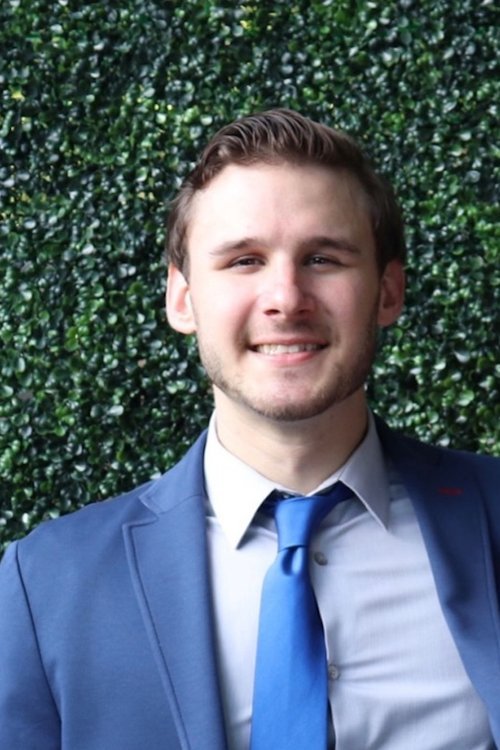Faculty
Sara Weisenbach, PhD, ABPP
Dr. Weisenbach is the chief of Neuropsychology at McLean Hospital, a board-certified clinical neuropsychologist, and a clinical translational researcher. She is currently studying the mechanisms and deficits underlying depression during middle-age and late life in a developmental/longitudinal context and translating this knowledge into effective neuropsychological and neuroimaging tools to monitor course of illness and cognitive decline and conversion to dementia. She completed a Career Development Award through the VA Rehabilitation, Research, & Development Program that investigated reward, memory, and executive functioning brain networks in older adults with depression, and how patterns in these networks predict cognitive decline. Her R01 Award investigates how sex and depression severity moderate emotion regulation skills in middle-aged and older adults, and the role of executive functions on emotion regulation, using multi-modal measurement strategies. Dr. Weisenbach is also funded with a NARSAD Young Investigator Award through the Brain and Behavior Research Foundation for a project of epigenetic mechanisms of late life depression and cognitive decline. Dr. Weisenbach earned her Ph.D. in Counseling Psychology from Colorado State University in 2005. She completed post-doctoral fellowships in Clinical and Research Neuropsychology and Advanced Geriatrics at University of Michigan and VA Ann Arbor Healthcare System, respectively. She began her position at McLean in August 2022, following her positions as an Associate Professor in the Department of Psychiatry & Behavioral Health at Stony Brook University and previously as an Assistant Professor of Psychiatry at the University of Utah.
Regan Patrick, PhD
Dr. Patrick holds a clinical and research position within the Division of Geriatric Psychiatry and the Neuropsychology Department. His clinical work focuses on neuropsychological and psychodiagnostic assessment in adult and geriatric patients. His research uses cognitive and brain imaging techniques to better understand the causes and consequences of psychiatric and neurocognitive disorders.
Dr. Patrick received his PhD in psychology from McMaster University, where his research examining the cognitive and neural mechanisms of schizophrenia was funded by the prestigious Vanier Canada Graduate Scholarship from the Canadian Institutes of Health Research (CIHR). He went on to complete an APA-accredited internship at the Medical University of South Carolina, with an emphasis in neuropsychological assessment and research. Dr. Patrick then completed a fellowship in adult and geriatric neuropsychology at McLean Hospital/Harvard Medical School.
Boyu Ren, PhD
Dr. Ren is a biostatistician in Mclean Hospital’s Laboratory for Psychiatry Biostatistics. He has developed Bayesian models for personalized characterization of longitudinal cognitive outcomes in older adults with mood disorders. He hopes that his work will produce novel insights on the evolution of cognitive function in older adults with mood disorders, helping to inform data-driven, personalized medical decision-making for this population.
Robert Welsh, PhD
Dr. Welsh is the current Technical Director of Center for Cognitive Neuroscience at UCLA and a Clinical Instructor in Psychiatry and Biobehavioral Sciences in the School of Medicine. His research interests are centered on advanced analytic and mathematical approaches to understanding brain structure and function in diseased states. He uses neuroimaging methodology such as diffusion imaging (DTI/HARDI), resting state connectivity, as well as activation paradigms to further his studies. Using these techniques, he has investigated diseases such as schizophrenia, obsessive compulsive disorder, post-traumatic brain disorder, and amyotrophic lateral sclerosis. He currently is building analytic models for development of biomarkers based on multi-modal neuroimaging data. These models are being realized in various machine learning algorithms. In the past, while he was at the University of Michigan, he was involved in pre-surgical planning in collaborations with clinicians from radiation-oncology, neurosurgery, and neurology.














